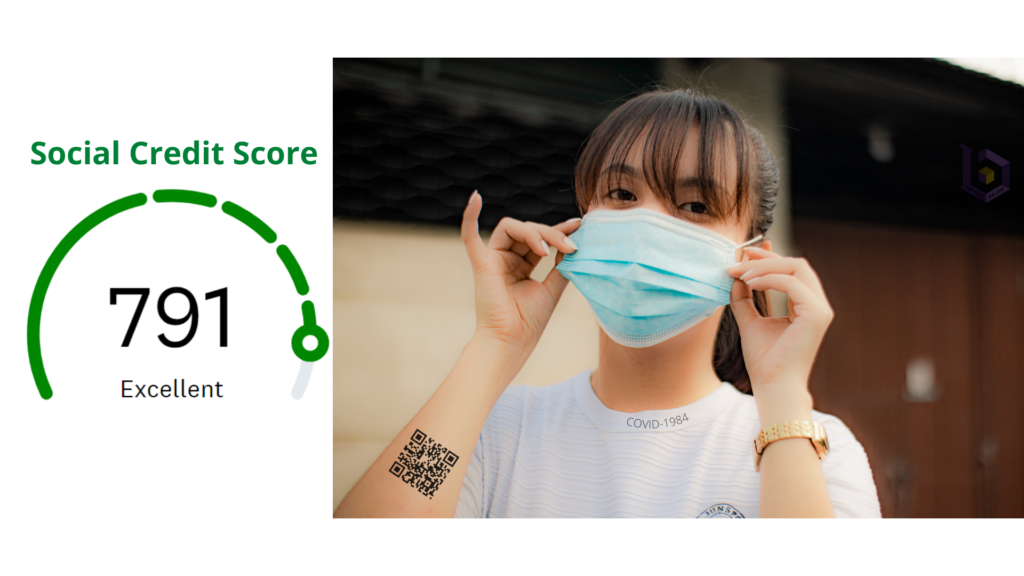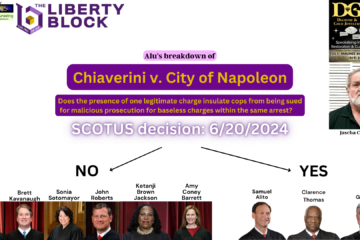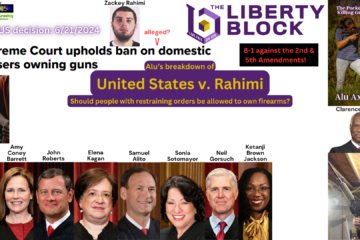A major function of the COVID campaign was to force individualist nations to accept collectivist ideas. With many uncooperative citizens not wanting to wear masks or to vaccinate, politicians were challenged with getting these selfish rubes to submit to collective goals. As a result, there has been much discussion about using technology to curb the spread of icky germs.
Last year, at the G20 Summit, China’s dictator, Xi Jinping suggested a global coronavirus tracking system using QR codes to get the job done.
“China has proposed a global mechanism on the mutual recognition of health certificates based on nucleic acid test results in the form of internationally accepted QR codes. We hope more countries will join this mechanism,” Xi said.
The COVID movement brought us new ideas about ‘medical justice’, where citizens are now expected to show their virtue by submitting themselves to medical treatments recommended by politicians. Those who don’t participate are considered science-denying murderers.
We’ve all heard terms like climate justice, racial justice, and social justice. In fact, if you work for a corporation or institution, you’ve most likely been forced to comply with some of these collectivist ideas under the threat of termination. We can now add ‘medical justice’ to the list.
The big question is, how do we get back to normal with all of these ‘deniers-of-things’ mucking up the greater good? This is where the social credit system would come into play.

Such a system might seem unfathomable in the United States, but much like masks, QR codes could be enforced by businesses that are worried about being sued, or by force from politicians. A quick scan of a QR code to prove that you’re a good boy, girl or xer would get you into the establishment and alleviate some of the liability for the business. If you don’t have a smartphone, it’s curbside pick-up for you, buster.
Major investment firms such as Merrill Lynch (Bank of America) have been using a form of social scoring since 2018 by assigning environmental, social, and governance scores to their clients’ portfolios. This was implemented without any official government prompting, so I believe businesses will naturally look to these types of solutions in a post-COVID world, whether via direct or indirect influence from politicians.
It’s our job to push back hard on these ideas, because once they’re implemented, there will be no peaceful way to get rid of them. Take masks and plastic barriers for instance. There will also come a point when leaders have to figure out what to do with non-participants. Sure, they can starve us out, but eventually people who are harmful to the collective will need to be removed. Once the herd has accepted a social credit system, it won’t be much of a jump to get them to accept isolation camps.
Luckily, we have bills like HB-506 being proposed in New Hampshire, which, if passed would require equal access to public accommodations for those who have declined medical treatment or use of medical devices. This bill is currently in the NH House Health, Human Services and Elderly Affairs Committee and it’s an important one. Be sure to write to the Committee and to your representatives in support of HB-506.
We must remain vigilant and resistant to all attempts by politicians and their cronies to turn us into obedient, hi-tech, modern slaves. Whether it’s vaccine passports, mask mandates, lockdowns, microchips, QR codes, or any other dystopian policy, we must fight it with everything we’ve got.



1 Comment
Annie E Henry · March 13, 2021 at 5:03 am
No need for camps. I will gladly isolate myself from this New World Order and its obedient sheep.
Comments are closed.